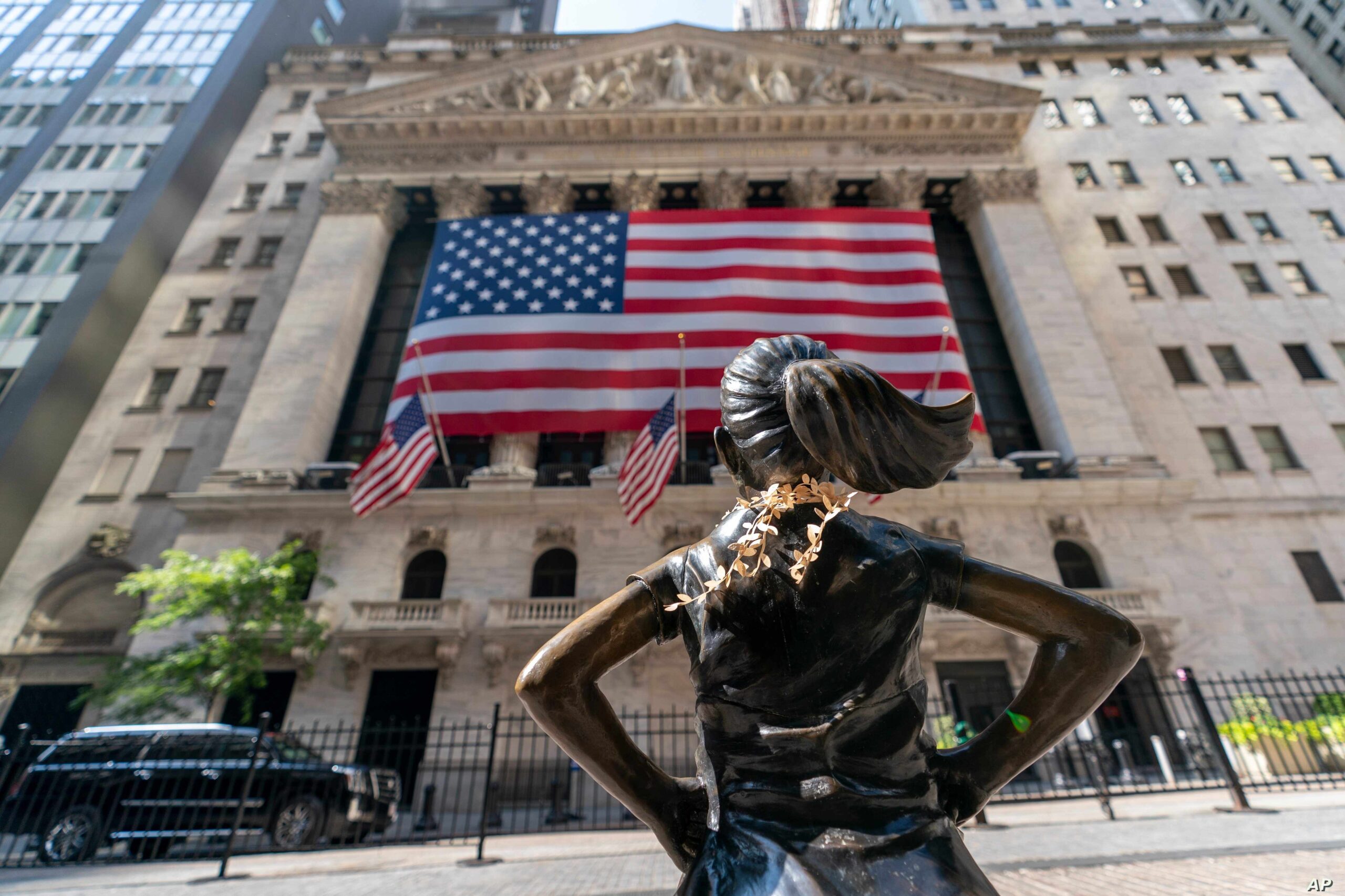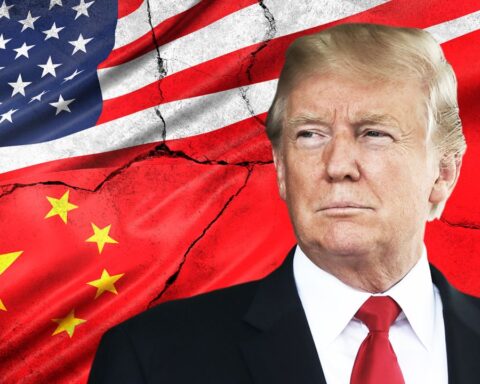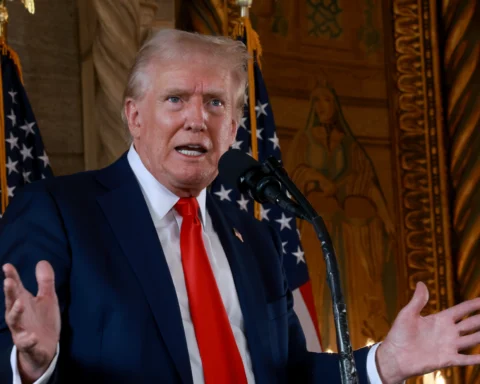A total of 32 China-based firms came to the United States to go public for the first time, the most since 2011, according to a study by the University of Florida.
An estimated $12.1 billion was raised by the companies through initial public offerings (IPOs), the highest amount since 2014 when Alibaba set the largest IPO record with its New York Stock Exchange debut.
“In spite of the talk, including congressional action about delisting Chinese companies, Chinese companies continue to go public in the United States. The last year was pretty active and this year continues to be the case as well.” Jay Ritter, a finance professor at the University of Florida, and author of the report, said in a telephone interview with VOA.
The U.S. holdings of Chinese securities neared $1.2 trillion by the end of 2020, according to a separate study by the Rhodium Group. “U.S. markets have been critical to Chinese company fundraising,” the report says.
Gary Dvorchak, managing director of Blueshirt, a financial consulting firm, said by email that for Chinese companies, listing in the United States can give them access to a larger number of investors, which can result in a higher valuation.
“For instance, there is a large and knowledgeable set of biotech investors in the U.S. markets, so biotech companies are likely to find investors that understand their business and the potential, and thus be willing to value them accordingly.” said Dvorchak, who lives in Beijing and advises Chinese companies interested in listing on American exchanges.
Risks and returns
While there are more than 200 Chinese companies listed in the U.S. stock markets with upwards of $2 trillion market capitalization, American regulators have never been allowed to scrutinize their books. China-based Issuers have the same disclosure obligations and legal responsibilities as other non-U.S. issuers. However, the companies have long refused to share paperwork for auditing by the U.S. auditing watchdog, known as the Public Company Accounting Oversight Board (PCAOB), because they say that doing so would violate Chinese secrecy laws.
The U.S. Securities and Exchange Commission (SEC), an U.S. independent agency with the responsibility to protect investors, issued a warning last year that the Commission “may be materially limited” in its ability to enforce high-quality disclosure standards for China-based companies.
“As a result, there is substantially greater risk that their disclosures may be incomplete or misleading,” the SEC said in a statement.
In April last year, Chinese coffee chain Luckin Coffee, which inside China is seen as a competitor to Starbucks, admitted that it fabricated at least $310 million of its sales over a period of three quarters.
By mid-June, the company’s value had plunged more than 90%, and a total of more than $11 billion of market value was erased. The company eventually was delisted from Nasdaq.
While the risks for investors can be high, so can the returns. Brendan Ahern, chief investment officer at Krane Funds Advisors LLC, which runs several China-focused funds in the U.S., said Chinese companies in general have provided tremendous results for U.S. investors.
“If you could go back 20 years and ask, what stock would you own? Virtually every investor would say I would buy Amazon. But the reality is NTES [NetEase, a leading Chinese Internet technology company], which went public in June of 2000, has actually provided twice the performance of Amazon. It has returned 18,000%, over the last 21 years versus Amazon’s 8,700% return.”
Growing US pressure
To address the long-running frustration of U.S. auditors, Congress passed a law last year with strong bipartisan support that could force Chinese firms to delist their stocks from American exchanges. The Holding Foreign Companies Accountable Act (HFCA), which was later signed by former President Donald Trump, prohibits securities of a company from being listed on any of the U.S. securities exchanges if the company has failed to comply with PCAOB audits for three years in a row.
The law also addressed issues related to national security. It requires public companies to disclose whether they are owned or controlled by a foreign government, including China’s communist government. Some experts argue that would include virtually all the Chinese companies.
Former President Trump also issued an executive order last November barring U.S. investors from buying securities of alleged Chinese military-controlled companies. As a result, three Chinese telecommunication giants, China Mobile Ltd, China Telecom Corp Ltd and China Unicom Hong Kong Ltd, were removed early this year.
It is now up to the SEC and Biden administration to interpret HFCA. With trillions of dollars at stake and economy still weak, experts doubt the U.S. will ban all Chinese companies from listing in the U.S.
There was as much as $3.3 trillion in U.S.-China two-way equity and bond holdings at the end of 2020, according to Rhodium.
“If you took a very strict interpretation that almost all Chinese companies would have some involvement with the Chinese government that could be viewed negatively,” George Calhoun, a business professor at the Stevens Institute of Technology and Advisory Board Member at Hanlon Investment Management, said in an email. “But I don’t think that’s the way the law will end up being interpreted.”






